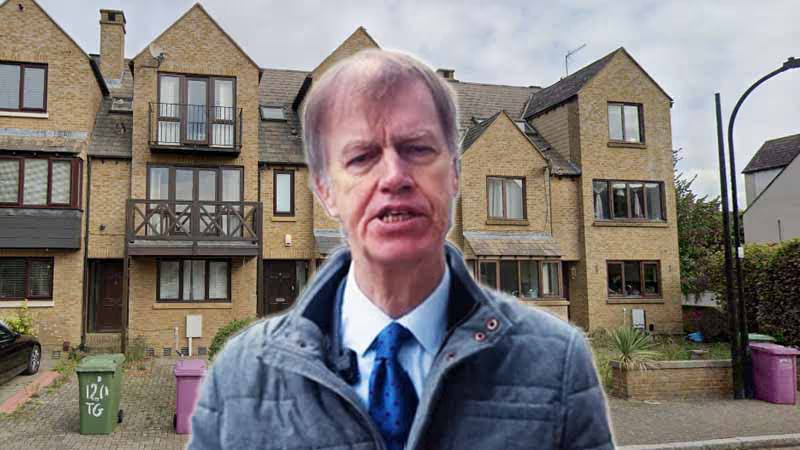The Renters (Reform) Bill has been voted through its final stage in the Commons and, much to some MPs' annoyance, containing several new concessions to landlords.
During a debate that lasted four hours led by housing minister Jacob Young (main image), it was revealed that the Government had accepted almost all the amendments to the Bill tabled by a group of 50+ ‘rebel’ Tory MPs.

Their representative during the debate, Anthony Mangnall (pictured), said the group’s changes to the bill would strike a balance between giving tenants more ‘security’ when renting, while ensuring landlords had ‘certainty’.
One of his key amendments reflected this. It compels tenants to give two months’ notice to quit a property but not until they have been there for four months, effectively creating a six-month minimum stay – as is the case now with most ASTs.
But much of the debate concerned evictions. Young said Section 21 ‘no fault’ evictions won’t be abolished until the court system is deemed ready once the Bill becomes law - despite Labour’s objections.
But MPs backed the Government’s amendment requiring the Lord Chancellor to assess the county court possession order process in England and its enforcement before the end of no-fault evictions – contrary to previous assurances that this would happen before the next election.
But during the debate, Young said he was exploring whether serious eviction cases such as anti-social behaviour could be prioritised in court listings.
Amendment concerning the ‘rent to rent’ sector also made it through. MPs agreed that the Housing Act 2004 would be altered so that both ‘superior’ landlords as well as rent-to-rent companies (the ‘immediate’ landlord) are both covered when served with improvement notices and could be liable for Rent Repayment Orders - a major shift in policy.
Licencing
During the debate, the minister explained the distinct and separate role of selective licensing and new property portal and promised a review, largely to placate the rebel Tory MPs.
He said: “The portal will be a resource for local authorities and to help landlords understand their legal obligations, while selective licensing gives councils powers to licence properties to address issues such as poor housing and crime.
“There will be overlap with data. We don’t want to see selective licensing abolished but want to ensure the processes are streamlined – that’s why we’re committing to a review of selective licensing and HMOs.”
Property portal
He also committed to aligning the ombudsman with the property portal so that landlords would only need to input their details once.
Young also sought to reassure landlords over the removal of fixed term tenancies, committing to publish a report on the system within 18 months of the Bill becoming law to “ensure the system works…along with a report on the stock of residential tenancies in the five years to provide regular analysis of location and size of properties.”
The Renters (Reform) Bill now moves to the House of Lords for further scrutiny before returns to the Commons for a final session of horse trading and then, no doubt, more changes.
Reaction

Oli Sherlock (pictured), MD of Insurance at Goodlord, says: “The Renters (Reform) Bill involves much more than the abolition of Section 21 eviction notices.
"However, it was the main topic of conversation again in Parliament today. Although it is imperative for the county courts to have the resources they need to cope with the upcoming changes, the lack of detail around when and how the money to pay for this will be provided is disappointing."















.avif)
.avif)




















Comments